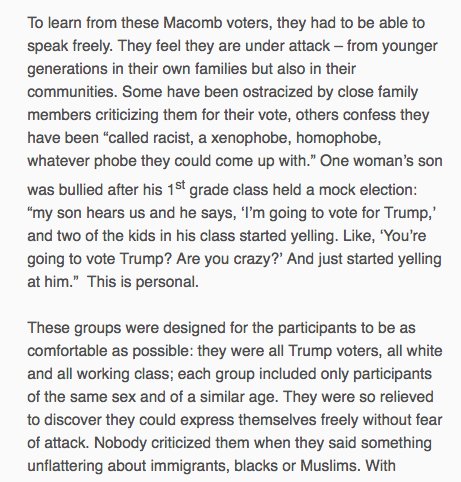Not all newspaper op-eds are straightforwardly argumentative. Some trend explanatory. The ones that are argumentative face a kind of dilemma. On the one hand, they can present an argument that’s engaging, conclusive, and therefore probably wrong because it’s a straw man or some other easily diagnosed fallacious argument form. On the other, they can present a fair, rigorous, and analytical piece that won’t have time or space to get to a conclusion. Most argumentative ones opt for the former. Â Few people, outside of academics, want to read anything like the latter.
An illustrative example of this came up over the weekend. Background: The New York Times, in an effort to diversify its op-ed page, hired another white, male, conservative with predictable conservative views. This naturally includes thinking the science behind climate change to be wrong. To this end, he made the following argument:
Let me put it another way. Claiming total certainty about the science traduces the spirit of science and creates openings for doubt whenever a climate claim proves wrong. Demanding abrupt and expensive changes in public policy raises fair questions about ideological intentions. Censoriously asserting one’s moral superiority and treating skeptics as imbeciles and deplorables wins few converts.
And there’s your problem. No one who is a serious participant in the science-based conversation around climate change makes that argument (call it the Cartesian Certainty Claim). For those keeping score at home, this is a weak man. That’s not how science works (it’s more Humean certainty). To be charitable to Stephens, maybe he is thinking of the no doubt many confused individuals who make these sorts of claims at rallies and such. They truly could use this clarification. But that’s probably not what he means. And it would also leave standing the idea that he means to criticize. And so the problem:  it’s not fun to argue fairly and honestly. And you can’t do it in the space of an op-ed. In matters of science, you can’t do it even in the space of many many publications. It takes a long time to rock and roll, as it where.
There was a serious uproar over his hiring that again flared up this weekend. There were many good responses. The best response, I think, is this one :
A decent touchstone for newspapers to apply to opinion writers of all ideological persuasions would test whether they engage in that kind of sophistry, and a decent rule would be to not publish them if and when they do—basically, to hire good editors for their editorialists. It would be ideologically cocooning for newspapers to censor the opinion that climate change isn’t worth doing anything about, but it is neither partisan nor biased to insist that the supporting arguments be factual, logically rigorous, and sincere.
Easy enough, but it’s surprising to me how difficult it is to get newspaper types away from the idea that only single factual assertions can be the subject of editing (BTW, the one factual assertion about climate change in Stephens’ piece was wrong–the Times issued a correction).



